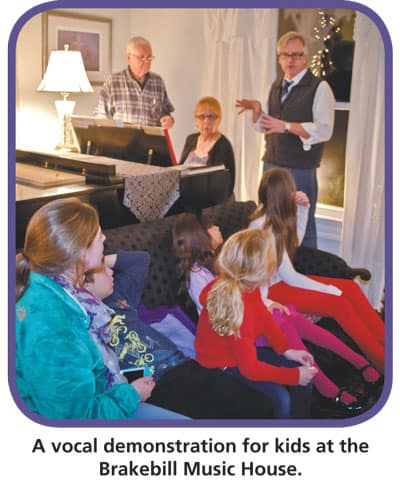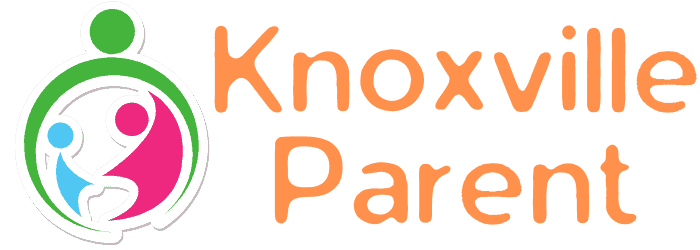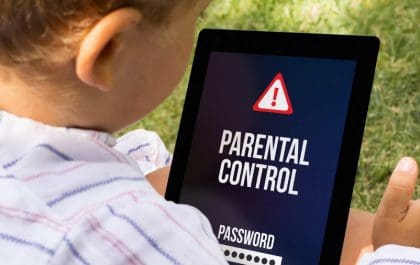Find your real voice
By Michael Kull. Photo by Eva Nations
 Have you ever listened to the sound of your own voice on a recording? Many people don’t like to listen to themselves. They say that their voice sounds strange, it embarrasses them to hear it, it doesn’t even sound like them. While not everyone reacts this way, it brings up an idea that is worth considering: Our voices are somehow so closely tied to our identities, to who we are, that we question whether or not they truly represent us. If every voice is a sonic “finger print,” and no two voices are alike, then the voice we have is the only one we’re going to get. When we hear our voice and don’t recognize it, then we are messing with the notion of who we are.
Have you ever listened to the sound of your own voice on a recording? Many people don’t like to listen to themselves. They say that their voice sounds strange, it embarrasses them to hear it, it doesn’t even sound like them. While not everyone reacts this way, it brings up an idea that is worth considering: Our voices are somehow so closely tied to our identities, to who we are, that we question whether or not they truly represent us. If every voice is a sonic “finger print,” and no two voices are alike, then the voice we have is the only one we’re going to get. When we hear our voice and don’t recognize it, then we are messing with the notion of who we are.
Michael Smith, in his August Knoxville Parent Magazine article titled, “And speaking about public speaking,” referenced a quote from Walker Percy’s book, Lost in the Cosmos: The Last Self-Help Book. The quote states that the number one fear shared by most people surveyed in a recent poll was the fear of public speaking. This above the fears of sickness, war, even death.
Smith points to several factors that can serve to heighten this type of fear: lack of being prepared, not enough practice, lack of confidence. He wonderfully addresses how using “guided practice” can successfully improve one’s public speaking experience.
“When a student learns to use his or her authentic voice, this…makes things easier all around.”
Public speaking is using one’s voice in public. At some level it is no different than using one’s voice to compete in American Idol or to interview for college admission. These all require a person to tap into his or her capacity for self expression and to broadcast it to an audience. If a person is unsure of himself, either through being ill prepared, afraid, or perhaps even dishonest with himself or his “audience,” then he is going to have a difficult time.
As a voice teacher and coach (and a singer who spent years finding his “true” voice as opposed to some affected or mimicked sound), I have guided people through the process of uncovering their voices. In my experience, beyond the sounds we utter and the words we speak or sing, there is a deeper essence of a person’s voice that approaches the sonic “finger print” mentioned earlier, the place where the core of who we are meets the core of what we sound like. The beautiful thing about the process is that this “finding the true voice” does a great deal to increase self confidence in general, which can translate to everyday activities beyond singing or public speaking. When a student learns to use his or her authentic voice, this alignment between identity and voice (who I am is what I sound like) makes things easier all around.
If your child has an interest in vocal training or coaching, or has doubts and questions about the quality, strength or effectiveness of her voice, then she is also expressing an interest in who she is. Not everyone (hardly anyone, really) is destined to be the next American Idol, and pursuing vocal training in order to achieve that goal may not be realistic. But the impulse to express oneself through speaking or singing is definitely worth pursuing, no matter what the outcome. The inscription above the Temple of Apollo at Delphi says, gnōthi seauton or Know thyself. Whether is if for a talent show, science presentation, college interview, or simply standing up to respond to a question in class, helping your child experience what is like to be in agreement with his or her voice can be a freeing experience and a real step closer to achieving this maxim.
 Michael Kull, in addition to co-publishing Knoxville Parent, is a classically trained singer. He has performed with orchestras and choruses around the country and in Europe and maintains a private vocal studio in Knoxville.
Michael Kull, in addition to co-publishing Knoxville Parent, is a classically trained singer. He has performed with orchestras and choruses around the country and in Europe and maintains a private vocal studio in Knoxville.
Related posts
Newsletter Subscribe
Newest Posts
Set Up a Parental Control for Online Safety
Have you ever wondered how long your children spend in front of a device without your supervision? Yes, it is…
Adopt A Life, Save A Life
By Jeff Ashin, CEO, Young-Williams Animal Center. Photo by: Young-Williams Animal Center Are you or your child thinking of adding…

